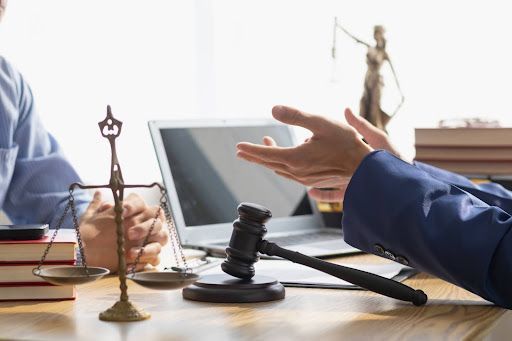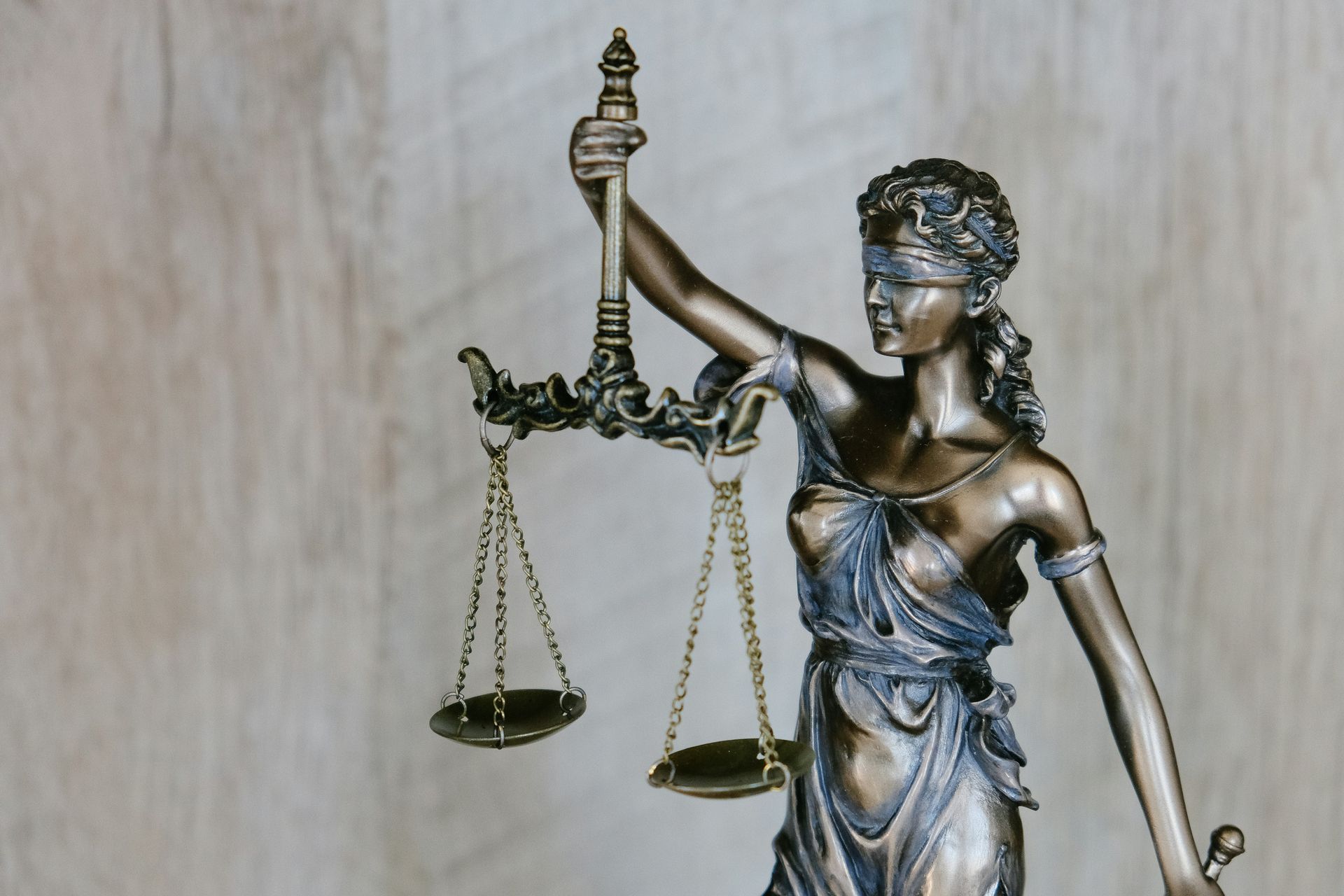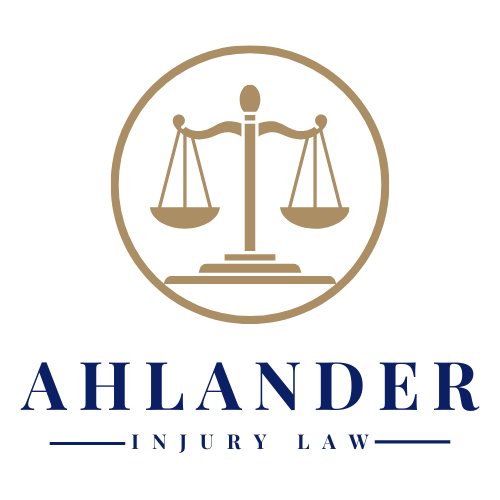Navigating the Aftermath of a Personal Injury in Nevada
Dealing with the aftermath of an injury can be challenging. In Nevada, understanding your rights and the steps to take after an accident is crucial to ensure you are properly cared for and compensated. Whether it's a slip at a store, a car crash, or any other incident that wasn't your fault, knowing how to move forward can make all the difference.
Immediate Actions Post-Injury
Seek Medical Attention: The first and foremost step after sustaining a personal injury is to seek medical attention. This advice stands regardless of the perceived severity of your injuries. A timely medical evaluation is not only critical for your health but also serves as a vital record should you decide to pursue a legal claim. Neglecting to see a doctor can be interpreted as an indication that the injury was not serious, which could undermine a future claim.
Report the Incident: The method of reporting your injury will differ depending on the circumstances. If injured at work, you must adhere to specific procedures outlined by your employer or workers' compensation laws, such as notifying your supervisor immediately. Public accidents typically require a report to be filed with the management of the facility where the injury occurred. When involved in a car accident, a formal report with the police and your insurance company is necessary. In Las Vegas and surrounding Nevada areas, understanding the local reporting requirements is key.
Document Everything: It is essential to gather as much evidence as possible immediately following your injury. This includes taking photographs of the scene and your injuries, obtaining contact information for any witnesses, and keeping detailed records of all related events and communications. Documentation will help establish a timeline of events and provide solid support for your claim.
Legal Considerations Early On
Understanding Statute of Limitations: A statute of limitations sets a deadline for filing a personal injury lawsuit. In Nevada, you generally have two years from the date of the injury to file a claim. This time limitation makes it imperative to begin legal proceedings promptly to ensure your right to compensation is not forfeited. Nevada's Revised Statutes detail these time limits and their exceptions.
Avoid Admitting Fault: After an injury, any statement you make can potentially be used against you. Even a simple apology can be misconstrued as an admission of liability. It is, therefore, crucial to refrain from making comments about the incident that could indicate your fault. Limit your discussions about the incident to factual statements and leave the interpretation of those facts to your attorney and the courts.
Consult a Personal Injury Attorney: Seeking legal counsel from a knowledgeable personal injury attorney can be the determining factor in the success of your claim. An attorney specializing in personal injury law, particularly one familiar with Las Vegas and Nevada legislation, can offer invaluable advice and representation. They will navigate the legal complexities, ensure all deadlines are met, and advocate on your behalf for fair compensation. Ahlander Injury Law, for instance, focuses on providing support to injury victims throughout the claims process, helping them understand their rights and the legalities specific to their situation.
Managing Communications
Dealing with Insurance Companies: Handling communications with insurers is a delicate process that can significantly impact your personal injury claim. It's advisable to limit your communication with insurance representatives and avoid providing a recorded statement without consulting your attorney first. Insurance companies often seek information that can devalue your claim. Be succinct and factual in your responses, and never sign any documents without legal advice. A lawyer experienced in dealing with Las Vegas insurance companies can be an asset in these conversations.
Silence Is Golden: Discussing your injury with friends and family is natural, but sharing details on social media can be detrimental to your case. Posts, photos, or comments can be taken out of context and used by insurance companies to refute the severity of your injuries. It is wisest to refrain from social media activity related to your injury. According to a
study by the American Bar Association, social media postings often impact personal injury cases negatively.
Financial Do's and Don'ts
Tracking Expenses and Losses: Thorough documentation of all expenses related to your injury is crucial. Compile all medical bills, receipts for medications, proof of lost wages, and any other costs incurred due to your accident. This record will serve as the basis for any compensation claims. In the Las Vegas area, costs can add up quickly, making detailed tracking vital for accurate reimbursement.
Don’t Settle Prematurely: It's common for insurance companies to offer a settlement early in the process. Accepting this offer without understanding the full extent of your injuries and future medical needs is a common mistake. A premature settlement can leave you without the necessary funds for complete recovery, especially if ongoing therapy or long-term care becomes necessary.
Long-Term Recovery and Support
Rehabilitation and Therapy: Adhering to the treatment plans prescribed by your healthcare providers is essential for your recovery. Continuing with scheduled rehabilitation and therapy sessions is not only vital to your physical health but also serves as proof of your commitment to recovery, which can influence your personal injury claim. Whether your therapy takes place in renowned Las Vegas medical facilities or with private specialists, ensure that your attendance and progress are well-documented.
Seeking Emotional and Mental Health Support: Recognize that personal injuries can also lead to emotional stress and mental health challenges. Engaging with mental health professionals is as important as physical healing. The trauma of an accident and the ensuing recovery process can be taxing, and comprehensive care often includes attention to mental well-being.
Preparing for Your Legal Case
Organizing Documentation: Keeping your medical records, witness statements, and other documentation organized is imperative for your legal proceedings. Establishing a file system and regularly updating it with communications, evaluations, and receipts will make your attorney's job more manageable and improve your chances of a favorable outcome.
Understanding the Lawsuit Process: Familiarizing yourself with the personal injury lawsuit process helps set realistic expectations. The process can be lengthy and involves several stages, including filing a complaint, discovery, settlement negotiations, and possibly a trial. Working with a Las Vegas personal injury attorney like Ahlander Injury Law provides you with local expertise and a guide through the complexities of the lawsuit process specific to Nevada's jurisdiction.
If you've sustained a personal injury in Las Vegas or surrounding areas, Ahlander Injury Law is here to help you navigate the legal process toward securing the compensation you deserve.
Contact us today to learn how we can assist you in this crucial time.





